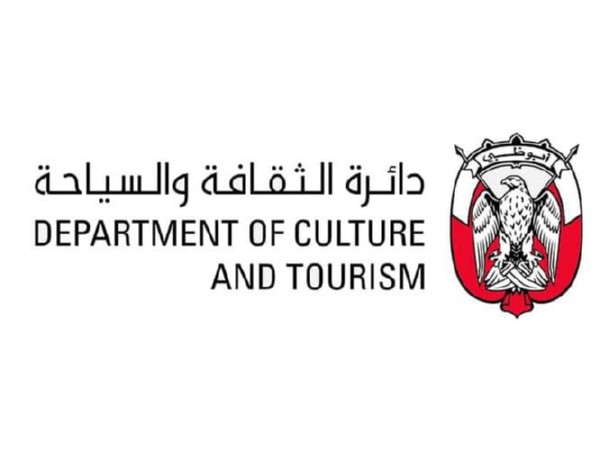China-Iran pact raises American hackles
Jan 28, 2022

Beijing [China], January 28 [ANI]: China has started to step into the US shoes in the Middle East by forging a strategic partnership with Iran causing concern in Washington.
China and Iran, the two main adversaries of the US together with Russia, formally inked a deal for 25 years worth USD 400-billion, aimed at bolstering economic and political ties, according to Geopolitica.
China also backed Iranian efforts to revive the latter's 2015 nuclear deal with major powers that the US unilaterally walked out of in 2018, writes Valerio Fabbri for the Gepolitica.
Meanwhile, China and Iran, both subject to US sanctions, signed the 25-year agreement in March 2021, bringing Iran into China's Belt and Road Initiative.
The projects nearly 100 of them including airports, high-speed railways and subways are very much in line with President Xi Jinping's ambitions to extend China's economic and strategic influence across Eurasia through the Belt and Road Initiative, the (in)famous project that aims to significantly expand China's economic and political influence and has raised concerns in the US and elsewhere, according to Geopolitica.
They fear Chinese money will invariably weaken the effectiveness of American sanctions against Iran, which will make it all the more adamant about any future negotiations on its nuclear program.
Also, the China-Iran pact also calls for both sides to conduct, much to the worry of the US, Israel and Saudi Arabia, combined military training, exercises, weapons development, and intelligence sharing.
In any case, combined with Russia, both China and Iran have already conducted military exercises in the Indian Ocean and in Russia in December 2019 and September 2020, respectively, writes Valerio Fabbri for the Gepolitica.
However, the military relations with Iran will be tempered by China's simultaneous efforts to build bridges with other Arab governments in the Gulf. Chinese authorities have recently met Foreign Ministers of Saudi Arabia, Oman, Kuwait and Bahrain, so any military agreement with Iran will necessarily have to be such as not to agitate these countries.
Meanwhile, the restoration of the American sanctions in 2018 crippled the Iranian economy by way of cutting into its vital source of revenue from oil sales. Oil and petroleum products account for 80 per cent of Iran's exports. Further American sanctions imposed on 18 major Iranian banks in 2020 caused the Iranian Rial to fall further against the US dollar, writes Valerio Fabbri for the Gepolitica.

















